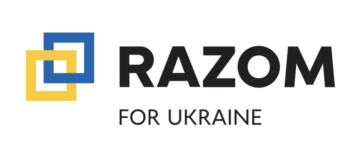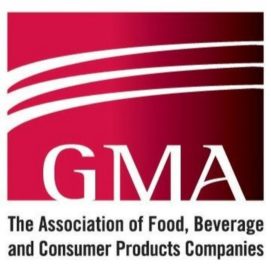To counteract the opposition’s resource advantage, move lawmakers, particularly Republicans who have traditionally backed the pharmaceutical industry, and build support for solutions to hold brand name drug companies accountable, our campaign had to have stronger, more incisive and more compelling messages and we had to make our tactics count with highly targeted, effective deliverables.
PLUS executed a comprehensive strategy to counter-message and debunk drug companies’ rhetoric, focus attention on the industry’s anti-competitive and price-hiking practices and build political support behind bipartisan, market-based solutions to lower drug prices.
The tactics we deployed included a press and earned media strategy built on regular reporter education and engagement, grassroots and grasstops campaigns in target states, paid media and aggressive deployment of messaging and research materials.
PLUS capitalized on opportunities like bracketing hearings on Capitol Hill to frame the drug pricing conversation. For example, when seven pharmaceutical executives were slated to testify in front of the U.S. Senate Committee on Finance, PLUS quickly seized on the hearing announcement through a mini campaign – that included, among other things, rigorous reporter education, an op-ed, a seven-part research-based blog series, statements, a war room, real time social media, earned media and paid advertising. As a result, PLUS secured core CSRxP messaging in numerous earned media hits, including a New York Times editorial titled, “It’s Time for Pharmaceutical Companies to Have Their Tobacco Moment.”
PLUS deployed a surround-sound approach to create the political conditions in target states and Washington for target Republican senators to support reforms that would hold drug companies accountable. As part of this effort. PLUS deployed grassroots and grasstops campaigns, television, radio and digital advertising and sustained earned media efforts in swing states and states where GOP senators were regarded as vulnerable in 2020. We also ran advertising in Washington and conducted real time, always-on press engagement to keep reporters educated from our point of view on the policy and generate positive attention.
PLUS and CSRxP created a constant drumbeat of messaging that urged lawmakers to support favored policies and legislation, generating nearly 400 earned media hits, more than 250 statements/blogs, 3,550 field team deliverables – including target meetings, intercepts, third-party engagement, and events – and 63 million digital advertising impressions in a one-year period.




